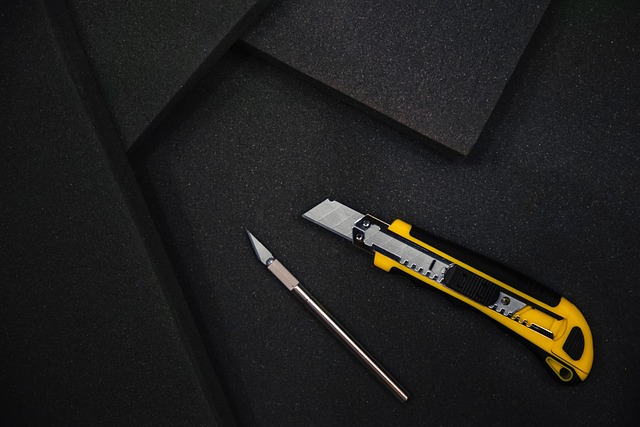Addressing Common Fan Problems in Air Conditioning Systems
Aircon Servicing: When your air conditioning system’s fan is experiencing problems, there are several common signs to look out for. One of the most noticeable indicators is reduced airflow coming from the vents. If you notice that your AC isn’t blowing air as strongly as it used to, it could be a sign that the fan is not functioning properly.
Another sign of fan problems in your air conditioning system is strange noises coming from the unit. If you hear loud banging, clunking, or grinding noises when the AC is running, it could be a result of a faulty fan. These unusual sounds indicate that there may be issues with the fan blades or motor that require attention to prevent further damage to your system.
Symptoms of a Faulty AC Fan Motor
When your air conditioning system starts making unusual noises, such as grinding or squealing, it could be a sign of a faulty AC fan motor. These noises are often an indication that the motor is straining to function properly, which can lead to further issues if not addressed promptly. Additionally, if you notice that the airflow coming from your vents is weak or inconsistent, it may be due to a malfunctioning fan motor failing to circulate air effectively throughout the system.
Another common symptom of a faulty AC fan motor is the AC unit not cooling your space as efficiently as it used to. If you find that your home is not reaching the desired temperature despite the AC running continuously, the fan motor could be the culprit. A malfunctioning fan motor can result in poor airflow and insufficient cooling performance, making your indoor environment uncomfortable and less conducive to relaxation.
Issues Caused by a Malfunctioning AC Fan Blade
In the event of a malfunctioning AC fan blade, one common issue that may arise is poor airflow throughout the air conditioning system. When the fan blade is not functioning correctly, it can hinder the circulation of air within the unit, leading to inadequate cooling of the space it is meant to regulate. This can result in rooms feeling stuffy and uncomfortable, causing discomfort for occupants.
Another consequence of a malfunctioning AC fan blade is the potential for overheating of the system. When the blade is not spinning as it should, the air conditioner can become overworked as it struggles to maintain the desired temperature. This increased strain on the system can cause components to overheat, leading to potential damage and a higher risk of system breakdown. Regular maintenance and prompt repairs are essential to address any issues with the AC fan blade to prevent further complications.
- Poor airflow throughout the air conditioning system
- Inadequate cooling of the space
- Rooms feeling stuffy and uncomfortable for occupants
- Potential for overheating of the system
- Increased strain on the air conditioner
- Higher risk of system breakdown due to component overheating
Regular maintenance and prompt repairs are essential to address any issues with the AC fan blade to prevent further complications. It is important to ensure that the fan blade is functioning correctly to maintain optimal performance and efficiency of the air conditioning system. Ignoring signs of a malfunctioning fan blade can lead to more significant problems down the line, so it is crucial to address any issues as soon as they arise. By taking proactive measures, such as regular inspections and timely repairs, you can avoid costly repairs or replacements in the future.
How can I tell if my AC fan blade is malfunctioning?
Common signs of a malfunctioning AC fan blade include strange noises coming from the unit, decreased airflow, and uneven cooling throughout your home.
What are the symptoms of a faulty AC fan motor?
Symptoms of a faulty AC fan motor include the fan not turning on, the fan running at a slower speed than usual, or the fan turning on and off intermittently.
What issues can be caused by a malfunctioning AC fan blade?
A malfunctioning AC fan blade can lead to decreased efficiency of your air conditioning system, increased energy bills, and potential damage to other components of the AC unit.
Can I replace the AC fan blade on my own?
It is recommended to have a professional HVAC technician replace the AC fan blade to ensure it is done correctly and safely.
How often should I have my AC fan blade inspected?
It is a good idea to have your AC fan blade inspected as part of regular maintenance at least once a year to catch any potential issues early on.







